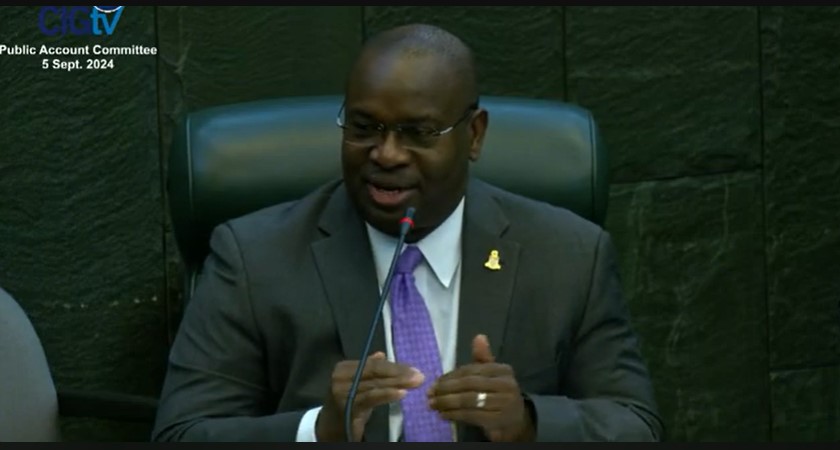By Alric Lindsay
In response to questions from MP Joey Hew at a Public Accounts Committee hearing on September 5, 2024, Wesley Howell, Chief Officer in the Ministry of Border Control, Labour & Culture, explained that the 1,000 or so Caymanians reported as unemployed are understated. He added that Caymanians also hold a stigma against specific jobs, which explains their absence from certain sectors.
Unemployed numbers explained
According to Howell, his commentary is based on data combined from the 2021 census and the labour force surveys, the most recent of which is the fall survey.
Looking at the Fall 2023 numbers, the total number of Caymanians unemployed was 1,143, reflecting a 5% unemployment rate. This was higher than the non-Caymanian unemployment rate of 2.3%.
Regarding Caymanian unemployment, Howell explained: “If we were to be very frank about the thousand number, it’s understated for the number of people that are not working because we’re using the sort of accepted definition of unemployment, being persons who are actively seeking and are able to work and are actually seeking work.”
The official definition Howell is referring to is stated in the Fall 2023 Labour Force Survey as follows:
Unemployed persons are those who, during the reference week, are:
(a) without work;
(b) currently available for work and
(c) actively looking for a job, or had definite arrangements to start a job within 4 weeks.
Concerning this, Howell said: “…we have a pool of persons who may choose to work but are not always actively seeking work. So, they’re not even counted in that unemployed number.”
In plain English, 1,143 Caymanians are reportedly unemployed, according to the Fall 2023 Labour Force Survey. However, a higher number would have been reported if the data was based on a different formula.
Howell also observed that some Caymanians did not enter certain sectors because of the stigma attached to the job type. He illustrated the stigma by giving an example of a young Caymanian working at a fast food business.
He said:
But I remember this graduating class, and it was a 16 year old high school graduate, sharp young man, and he gave sort of the closing remarks for this passport to success program. And he spoke about him working at one of our fast food places during his internship. And his friends came in and he hid in the freezer until they left because he didn’t want to be seen working at a fast food place because it didn’t have the right sort of image that he wanted to portray.
To change this stigma, Howell suggested initiating a “Caymanian Proud” programme “to help change hearts and minds.” This would help change the way jobs are viewed by young Caymanians and encourage them to enter “non-traditional” sectors.
Howell also suggested that we “forecast where we’re going and ensure that our programs and spending are aligned with that.”
In addition to programmes suggested by Howell, the Government should be encouraged to align scholarships with the demands of each sector. Once students are one year away from graduation from university or technical schools, the Government should agree on a timeframe with employers for Caymanian graduates to take up entry-level or other positions in the relevant sectors. This may create a streamlined, organized process. It may also give some job certainty to Caymanian graduates returning home.

